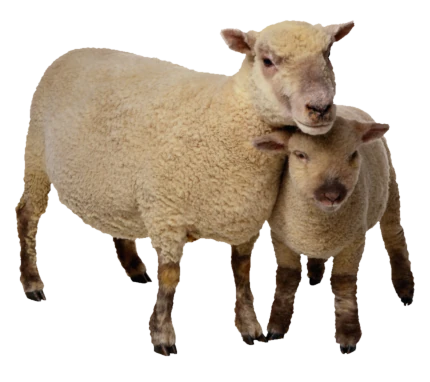Amjor Chandra leads the Vegan India Movement in demanding societal and legislative changes for animal rights, challenging industries and norms. Their activism is not just about promoting veganism; it’s a call to action for ethical consumption and production.
At the heart of Bangalore, a significant movement unfolds as Amjor Chandra, a 33-year-old activist, champions the cause for animal rights, demanding radical changes in how society views and treats animals. Representing the Vegan India Movement, Chandra and his team are not just advocating for a shift in dietary habits but are pushing for legislative changes that would recognize animals as individuals, not commodities. This bold stance against industries built on animal exploitation has stirred conversations and debates across the nation.
Unveiling the Moral Paradox
“Animals are individuals, not livestock. There is no moral difference between killing a dog and a goat,” asserts Chandra, encapsulating the core belief driving the Vegan India Movement.
The activists’ demands are twofold:
– granting personhood status to animals, and
– enacting a ban on industries such as meat, milk, and eggs that thrive on animal exploitation.
Chandra’s journey into activism began eight years ago, sparked by an article that led him to question and eventually reject the dairy industry’s practices.
His transformation from a bystander to a vocal advocate for veganism exemplifies the movement’s call for a societal reevaluation of animal rights.
Challenging Industries and Societal Norms
The Vegan India Movement is targeting the very foundation of industries that have long been accepted as essential components of human life and culture.
By distributing pamphlets and utilizing QR codes to share videos and information, they aim to enlighten the public about the dark realities behind the production of dairy, meat, and other animal-derived products.
Highlighting the staggering numbers of animals killed annually in India for these industries, Chandra and his team are shedding light on the country’s role as one of the largest exporters of beef since 2012.
Their activism is not just about promoting veganism; it’s a call to action for ethical consumption and production.
Public Response and the Path Forward
The movement’s approach, focusing on education and awareness, has garnered both support and criticism. While some view their demands as unrealistic and too radical, others applaud their efforts to bring about systemic change.
The Vegan India Movement’s challenge to societal norms and industries built on animal exploitation is a testament to their commitment to animal rights. As they continue to advocate for legislative changes and societal shifts, the movement’s impact on consumer habits and industry practices remains to be seen.
As the Vegan India Movement gains momentum, it prompts us to question the ethical implications of our daily choices and the societal norms that have long justified animal exploitation.
Whether or not their demands for animal personhood and the banning of certain industries are realized, the conversation sparked by their activism is a crucial step toward a more ethical and compassionate society.
The path forward is fraught with challenges, but it is clear that Chandra and his fellow activists are not backing down, driven by a vision of a world where animals are seen and treated as individuals with rights.

